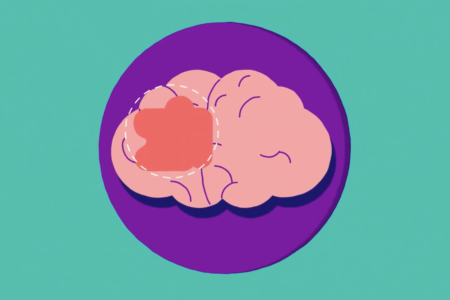Multi-tasking: It’s not what you think
You probably know someone who claims they’re a great multi-tasker – or perhaps you even consider yourself one. However, studies show that humans are actually quite bad at performing multiple tasks simultaneously. Let’s demystify the myth of multi-tasking!
In daily life, we are constantly engaged in different tasks. Imagine you are watching a movie on tv, when you receive a notification on your phone. You continue watching whilst grabbing your phone and starting to chat with a friend via WhatsApp. After a short while, you notice you’ve missed a small part of the movie. This example shows that we humans are very poor at performing two tasks at the same time – in fact, even though people often think they’re multi-tasking, they are actually constantly switching between tasks.
The costs of multi-tasking
Studies have repeatedly demonstrated that task-switching comes with a performance cost, and that people make more errors and also are slower when they switch between tasks (explained in this blog). So why do we keep trying to perform multiple tasks at the same time? One theory is that perhaps people may simply like it. To test this theory, a group of researchers recently designed an experiment in which participants performed a task requiring them to judge whether a word represented something living or non-living, or something that was smaller or larger than a basketball (e.g., the word ‘cow’ or ‘soap’). To indicate which of the two tasks they were to perform for the next word, symbols were presented. The symbols either signaled that the participant should repeat the same task, or that they should now switch to the other task. In a second part of the experiment, participants were asked to rate how pleasant the cues were. Results showed that they rated the cues for switching more negatively than the cues for repeating the task. In addition to observing the well-known performance costs, the researchers demonstrated that there was also an emotional cost to task-switching and that people disliked alternating between tasks.
Doing what you love
What is unclear from the original study is whether individuals with stronger negative emotional associations with task-switching (so those who dislike this the most) also show less voluntary switching if they are given a choice. In our recent study, we investigated this question by measuring each participant’s emotional evaluation of switching and then observing how often they switched between tasks when not explicitly instructed when to do so. In line with previous studies, we indeed found that participants in our experiment showed performance costs and also disliked switching more than repeating. We also found that participants who indicated a more negative evaluation of task-switching cues were less likely to voluntarily engage in task-switching. Our study demonstrates a link between the emotional evaluation of having to exert effort and the extent to which an individual is willing to make that effort.
Negative signals in the brain
Overall, the findings from our studies show that people tend to dislike performing multiple tasks at the same time, as this constantly requires them to make small switches between the tasks. What could be the function of this emotional evaluation? We believe that the negative emotional signals in the brain help us to learn to avoid situations that are effortful and require a lot of cognitive control. That way, people can use their cognitive resources as efficiently as possible and achieve optimal performance.
A final note is that the negative emotions related to task-switching may depend on the extent to which we are rewarded for our behavior. If both tasks that we have to do result in the same amount of reward, people will dislike switching and therefore try to limit the number of times they have to switch between tasks. However, this negative emotion may not be as strong if one of the tasks is associated with a reward. In that case, people will be happy to make switches towards the rewarded task, regardless of the effect on their performance.
So, next time you hear someone claim to be a great multi-tasker, know that they are actually talking about task-switching… and are probably not being as efficient they think they are!






